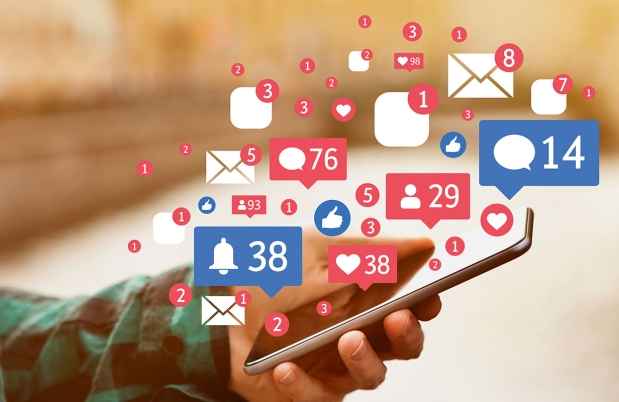How Music Impacts Our Mental Health
Available with English captions and subtitles in Spanish.
To some, music may just be “background noise,” but to others, music can be a lifeline. Music often is used as an outlet for kids and teens, whether it’s being played on a device or played on an instrument. Adolescents often use it to address what they find important to them as well as an outlet for emotional expression.
With all the kinds of music out there, is listening to gloomy or conflict-filled songs a sign that we should be concerned about our kids? How much—or how little—should we pay attention to what our children are listening to? And what’s the benefit in trying to influence their tastes in music?
Audience Questions
Roberto Olivardia, PhD, explains the benefits of both listening to and playing music for our mental health, discusses why “dark” music isn’t always a red flag, and answers audience questions about how we can help young ones express and explore their thoughts and feelings through music.
- What role has music played in your life?
- What are some of your favorite albums of all time, and why?
- How can listening to or playing music be therapeutic?
- Parents sometimes have concerns about the music their kids listen to, whether it is music with references to drug use, sex, or violence. What advice do you have around these concerns?
- How can parents start this conversation with their kids about “getting curious” around the music that they listen to?
- How can we address and help stamp out the older fears of some music, like goth, hardcore rap, etc., leading to violent behaviors, self-harm, or suicide?
- Do you have any thoughts about continuing the conversation about the historical implications of this “vulgar” music, specifically created by Black musicians? I think that it’s important to not just write off songs as being “bad,” especially when there is a history of social prejudice that has influenced this use of music as an act of liberation and expression.
- Is there a difference in impact of music on the brain and body if you’re listening to music versus playing music yourself?
- As a clinician, do you integrate music into work with your patients, and how can other clinicians incorporate music into work with their own patient populations?
The information discussed is intended to be educational and should not be used as a substitute for guidance provided by your health care provider. Please consult with your treatment team before making any changes to your care plan.
Resources
You may also find this information useful:
- Everything You Need To Know About Child & Teen Mental Health
- Video: Helping Parents Build Strong Relationships With Their Children
- Deconstructing Stigma: Lisa’s Story
- Deconstructing Stigma: Darryl’s Story
- Deconstructing Stigma: Ashley’s Story
About Dr. Olivardia
Roberto Olivardia, PhD, has been treating patients for the last 20 years since his internship at McLean Hospital. He runs a private practice in Lexington, Massachusetts, where he specializes in the treatment of body dysmorphic disorder, obsessive compulsive disorder, ADD/ADHD, skin picking disorder, and males with eating disorders. Dr. Olivardia also treats patients with other anxiety and mood disorders.
More Webinars
Roberto Olivardia, PhD, conducts diagnostic evaluations at The Pavilion at McLean Hospital. He maintains a private practice in Lexington, Massachusetts, where he specializes in the treatment of attention deficit/hyperactivity disorder (ADHD), body dysmorphic disorder (BDD) and obsessive compulsive disorder (OCD), as well as issues that face students with learning disabilities. He is a nationally recognized expert in eating disorders and body image problems in boys and men.
Dr. Olivardia is co-author of The Adonis Complex. He specializes in evidence-based psychodynamic and cognitive-behavioral treatment. He currently serves on the Professional Advisory Boards for Children and Adults With ADHD (CHADD), The Attention Deficit Disorder Association (ADDA), and serves on the Scientific Advisory Board for ADDitude. He has spoken on numerous webinars and presents at many talks and conferences around the country.
Sign up now for the next webinar in our Mental Health Webinar Series.
Originally aired on April 25, 2022



